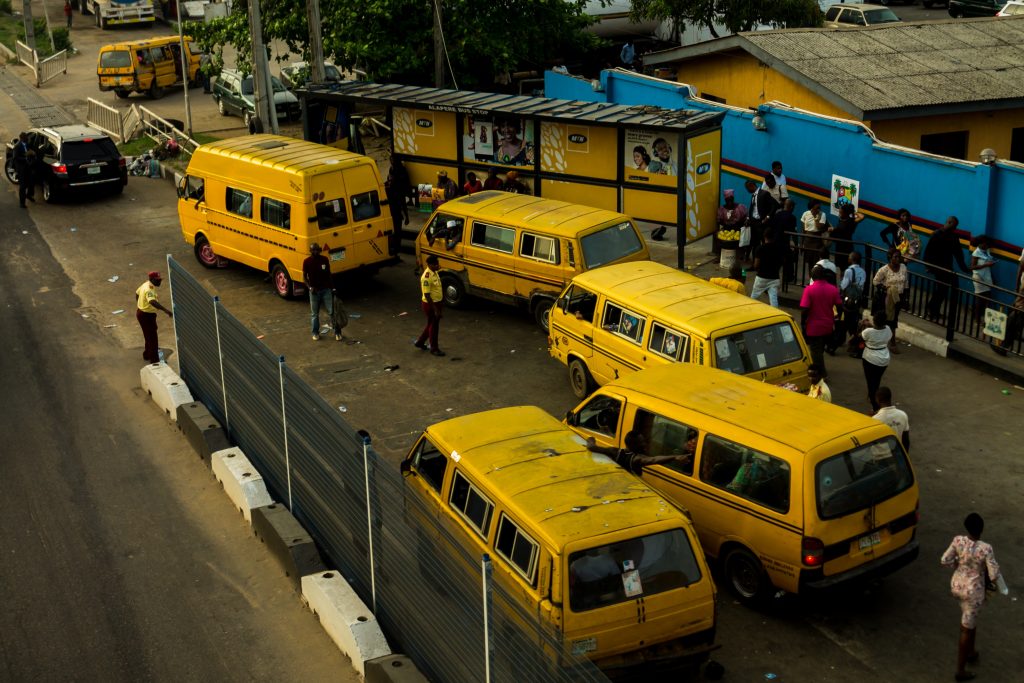There are very few researches or articles on how Nigerians rank economically. This means how Nigerians are distributed and classified according to their assets, how much they are worth, the money they have, and more. In this post, we’ll be doing justice to how Nigerians rank economically or are classified economically.
This ranking is done based on the total worth of these Nigerians including the money in the account, assets, shares, and all. It is also done based on the educational background of the person, and the family background as well. Social and economic stratification is not about money or assets alone, education also plays a role.
At most times, the type of occupation they do play a role as well. Through this post, you should know where you rank as a Nigerian. Now, let’s take a look.
How Nigerians rank Economically, or are Classified Economically?
1. Elite Nigerians
Who are the elite Nigerians?
This class is made up of about less than 1% of the Nigerian population. They aren’t necessarily the richest. However, they control the country, and influence the outcome of events in the country very well. They are high-class traditional, religious, and political leaders. They are also the toppest business men, professionals in different fields, and internationally acclaimed celebrities.
A Nigerian member of this class mustn’t be popular, and most of them aren’t even known by many Nigerians. A majority of this class are Nigeria’s former leaders who still control the country from behind the scenes. A good number of them also inherited their family’s aristocracy, wealth, and power.
Most of them are worth more than $1 million in everything. To know how small they are in number compared to Nigeria’s 180 million people, only about 14,000 Nigerians are worth around $1 million.
2. Upper Middle-class Nigerians
Which people are the upper Middle-class Nigerians?
This class is made of mostly top professionals in different fields, politicians, top celebrities, and business men. They have great amount of wealth, power, and influence. Unlike the elites, for this economic class, there is a higher number of self-made people.
Nonetheless, a lot of them also inherited their family’s fortune.
These people are usually worth around $200,000 and above. Some are even worth more than $1 million. However, what differentiates them from the elites is that they don’t have the control, influence, and power that elites have.
They are mostly just professionals, business men, celebrities, politicians, and all.
Only about 4% of Nigerians are in this economic class.
3. Lower Middle-class Nigerians
Who are the lower middle-class Nigerians?
This is where most educated Nigerians are. They are earn a stable income and have lower priced assets than their counterparts in upper-middle class. They are mostly younger professionals, military officers, celebrities, politicians, business men and women, and many more.
They are the last stop before working class Nigerians. They are also more in population than the first two economic classes.
These people are worth around $20,000 to $180,000.
In addition, these people are easy to spot out in Nigeria since they make up about 15%, or more, of Nigeria’s population. They have a stable source of income, mostly salaried jobs. They drive one to three cars. They own a house or houses. They own lands. They can even be running businesses.
For some, if the person is educated, has a stable income, has a family and a car, the person is in this class even though he doesn’t have the mentioned amount assets and all. For a Nigerian to be considered as part of this class, it is not entirely about money.
4. Working Class Nigerians
Which people are working class Nigerians?
The working class Nigerians is the largest economic class in Nigeria. Over 65% of Nigerians are on this class. It is actually a broad class that needs further breaking down but we won’t be doing it broadly in this article.
Any Nigerian whose assets and total worth are less than $15,000 to $10,000 is a working class Nigerian. They are mostly employed, while a good majority are self-employed, and some are business owners.
There is the high, middle, and low working class in Nigeria.
High Working Class have something doing and a stable source of income. Their assets are worth around $8,000 to $15,000.
Middle Working Class also have something doing, and a source of income. These people’s assets are worth around $2,000 to $ 7,000.
Low Working Class don’t have a stable source of income. These people are mostly struggling business people, self-employed, and people employed in lowly paid jobs. Some are even out of jobs from time to time. These ones their assets are worth less than $1000. Sadly, a great percentage of Nigerians belong here.
Conclusion
This post has done justice to how Nigerians rank economically, or are classified economically. You should do well to read this to know in which economic class you belong as a Nigerian. It is a great article.
